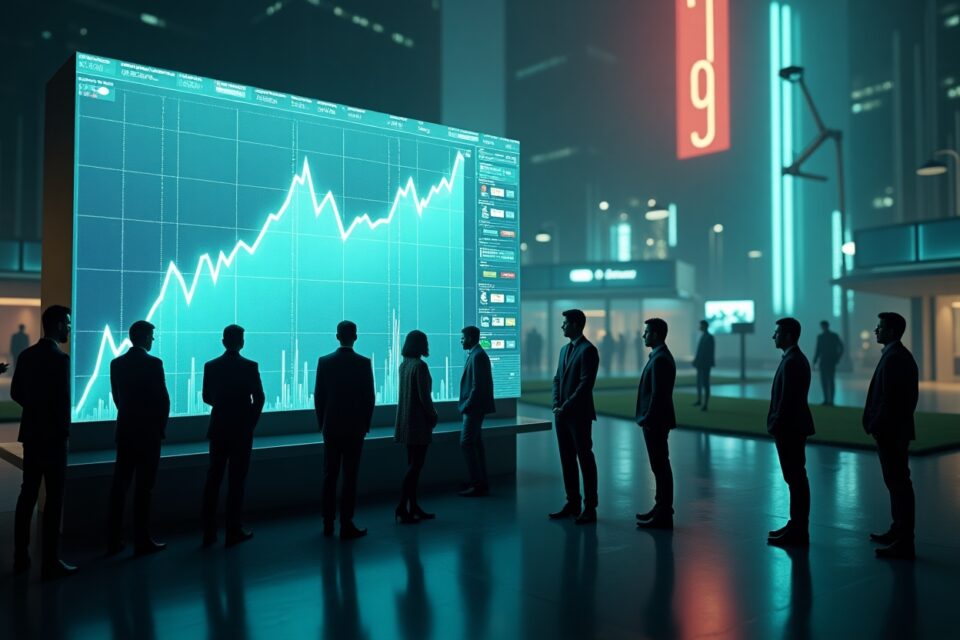Hey there! Today we’re diving into an intriguing and, honestly, a bit unnerving topic: the intertwining of technology and authoritarian power, specifically focusing on the rise of something called a \”corporate dictatorship.\” Sounds a bit like a dystopian thriller, right? But it’s a real and growing concern in today’s tech-dominated world where a handful of billion-dollar companies are wielding power like never before. Let’s explore what’s happening, why it matters, and what the future might hold.
Once upon a time, the tech industry was this liberating force, bringing the world endless possibilities and innovation. Fast forward to today, and we find ourselves in a tech landscape where the power dynamics are… well, heavily skewed. For instance, we’ve got influential tech billionaires flexing their might, not just over their companies but over economies and governments too. We see elements of this play out in historical contexts where authoritarian regimes have used technology as a tool to control information and suppress dissent. Remember when state-run media was the thing? Now, it’s all about who controls the algorithm and the data.
Zooming in, the idea of a corporate dictatorship is where a few powerful corporations, driven by select individuals, increasingly dictate political and economic policies. The tech world has laid the groundwork for this with advancements that facilitate unprecedented surveillance and control, often to the detriment of democratic processes. Take insight from Gil Duran’s work, for example. He articulates how tech billionaires, through their astronomical wealth, influence political landscapes, nudging policies that could edge towards tyrannical governance source.
It’s not all smoke and mirrors—there are concrete patterns to consider. When tech giants have carte blanche, this unchecked power can slowly chip away at the pillars of democracy. Research shows that tech power surges often correlate with democratic backsliding; voices that once countered these giant corporations risk being silenced. Quoting Duran again, \”unchecked power among wealthy individuals can endanger democracy\” isn’t just a footnote, but rather a clarion call source.
So what can we expect down the road? As technology continues to evolve, unless regulations are placed, we might see even bolder moves towards corporate control spilling over into governance systems. This could lead to a world where democracy is vulnerable, if not entirely redefined. Imagine if voting, policy-making, and even freedom of speech start to answer more to algorithms rather than the electorate. Scary thought? Absolutely! The stakes include a potential erosion of fundamental democratic values and practices, making this a crucial conversation for all of us.
But let’s not despair. Here’s where you come in. While tech giants are immensely influential, users like us can advocate for transparency and accountability. Think about how you engage with technology daily and the broader implications it might have. Are you informed? Are you vocal? There’s strength in our combined actions and voices.
If you want to dive deeper into this theme, I highly recommend checking out Gil Duran’s full discussion on the influence of tech billionaires in shaping authoritarian regimes, which really is a wormhole into understanding how we’re more intertwined with this narrative than we might think. All eyes on you! Read more of his impactful discussion here.
Sources:
– How Tech Billionaires Rule Politics – The New York Times
– Duran’s Discussion on the Decoder Podcast
Stay curious and informed!
Futurology
5 Eye-Opening Predictions About the Future of Authoritarianism in Tech That’ll Shock You
